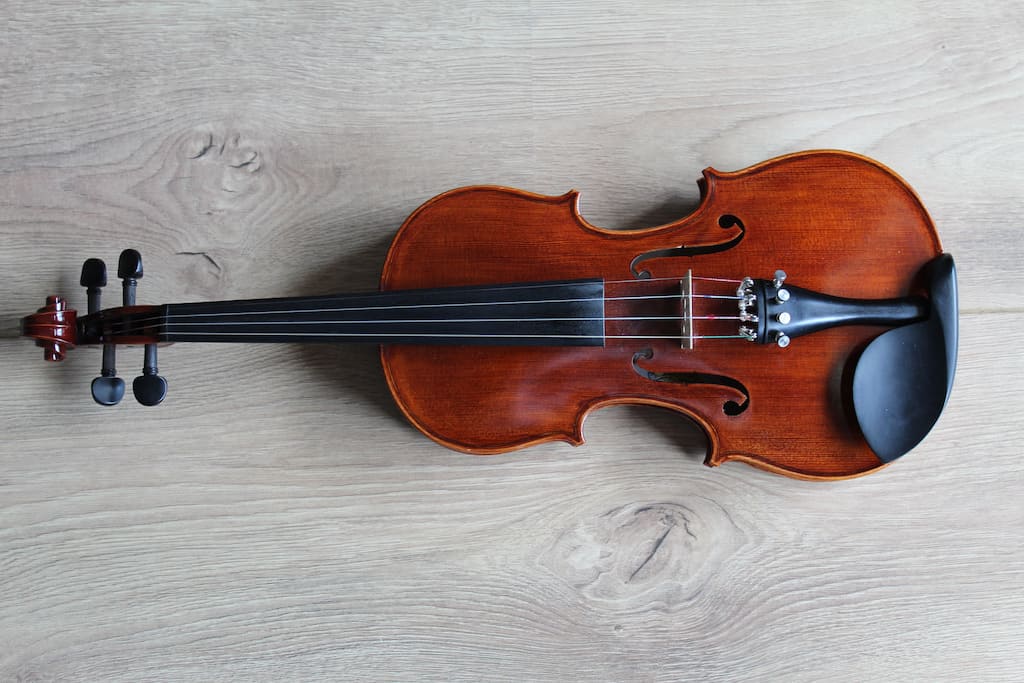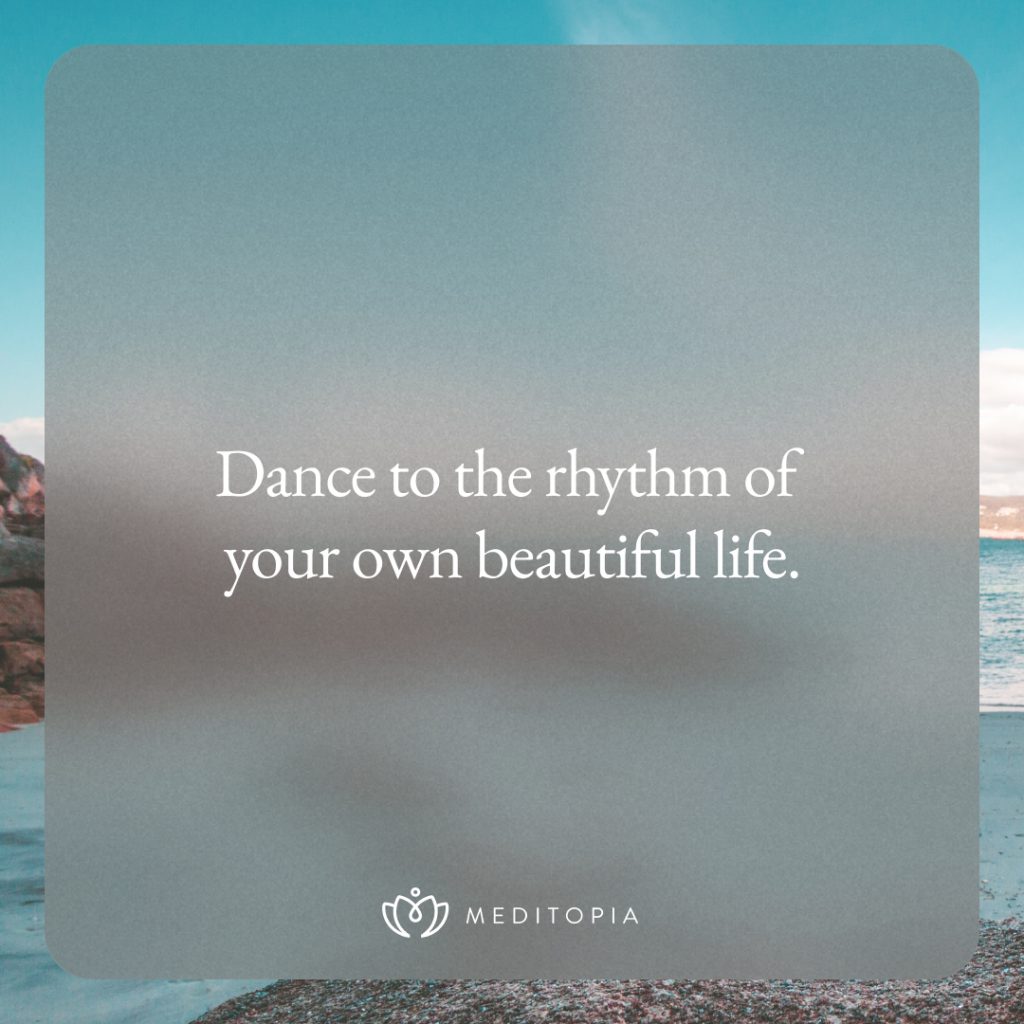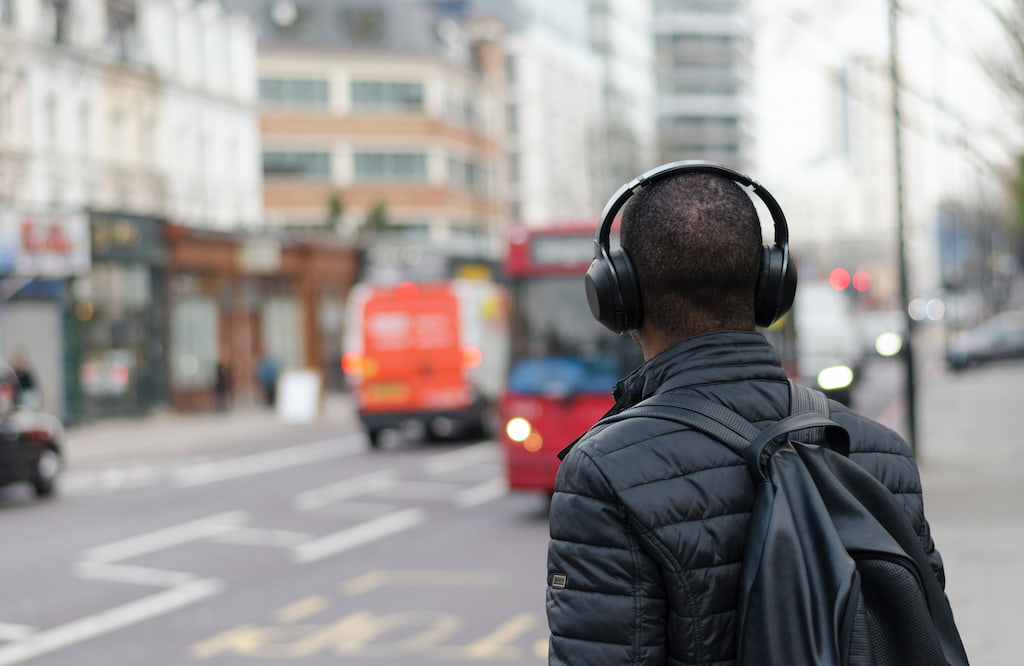Healing Power of Music: How Does Music Affect Our Mental Health?

Content
Music’s Impact On Our Mental Health
Music is a great part of our lives. Personally, I can’t even imagine a life without music because it brings me such joy and helps me communicate with myself in a totally different way. Let’s take a deeper look at how music positively impacts our mental health.
Let me start with the most known benefit of music: stress reduction. Research has shown that music has a positive impact on our autonomic nervous system, helping us manage stress and respond more constructively when in moments of stress. We know that there will be stressors present in our lives pretty much all the time. So, one thing we can do is try to understand these stressful situations so that we can learn to live with them rather than trying to eliminate them entirely. And this is where music can play a very important role. Listening to music can help us organize our thoughts and approach our problems with a balanced perspective. I find music very valuable because it’s often widely-accessible, making it easier to experience almost anywhere.
So many of us have had that moment when we put on our headphones and get lost in the music, alone with ourselves in a moment of reverie. But music can be a very powerful social tool as well, giving us many cues. For example, imagine that you’re invited to a social gathering. You enter the room full of people and begin to notice the music playing in the background. That music can give you an idea about the atmosphere even before we encounter people there. We can begin to understand whether this is a more dance-centered event, let’s say, or one wherein the music is meant to convey a vibe rather than be the focus. Going to a concert of our favorite singer and singing the same song together with thousands of people can be a very powerful feeling, right? Music can help us feel part of a community.

Additionally, music can help to motivate us. Many of us listen to music when we’re exercising and there’s a reason for that. Music can increase our performance and motivation in activities like training, running, etc. It can also help us use our time more efficiently. Maybe that means you say to yourself, “I’ll walk until the chorus,” or “I’ll row until the end of this song,” as a way to regulate your exercise using music.
Music impacts almost every part of our lives even including our quality of sleep. One study shows that a group of students who listened to classical music for 45 minutes before going to bed had better sleep quality compared to the group who didn’t listen to music.
How Do Different Types of Music Impact Our Mood?
Several studies claim that each type of music can potentially trigger different emotions. Calming melodies, for example, can have a soothing effect that works to lower blood pressure and slow the heart rate as we listen. On the other hand, “Grunge” music (a sub-category which is a combination of punk and heavy metal) can sometimes trigger feelings of hostility, sadness, and tension. And, as we’ve seen, classical music can work to calm us down and fill us with a sense of peace. It’s thought that the structure of the music, the sounds and melodies, can have an impact on our mind and body. Because calming or classical types of music can reduce anxiety, they can also help us balance our mood. How does music impact you? Take a moment to reflect on your own experiences to see what bubbles to the surface.
Most of the time, the type of music we gravitate toward is related to our current mood. Music can be a fantastic tool through which to process and express our emotions. Maybe you’ve experienced a moment in which you can’t put into words how you’re feeling, that words are just not enough. In such moments, music saves us. Remember the times you’ve said: “That’s exactly how I feel!” while listening to a song? Perhaps that song expresses how you’re feeling or reflects what you’ve been through. Consider someone who’s recently broken up with their partner, for example. Maybe they turn on some sad music to sit with those feelings of heartache. We might expect listening to break-up songs makes us feel sadder, but studies show the opposite. By listening to such songs, we remember that there are other people navigating similar feelings and we don’t feel so alone. In fact, this further demonstrates that music is more than just melodies. Music can help us feel better through creative expression and communication.

Now, let’s consider a different emotion through music: Happy songs… People often prefer listening to joyful and exciting music when they feel good because this increases their enjoyment. For example, imagine that you’re going on a vacation with your friends. You’ve finished all your work and you deserve that holiday. What’s the first thing that you turn to when you get in the car to head out on that much needed vacation? Of course, music! Because sometimes those melodies describe our mood better than we can. The good thing is, wherever we are, we can experience unity across time and space through music.
A Clinical Perspective: Music Therapy
We may feel moments of happiness and sadness from time to time, but there may also be periods where certain feelings stay with us for a long time. For example, in cases of anxiety and depression experts think that music therapy can be an important tool to help express and process feelings. Among the techniques used in music therapy there are activities like lyric analysis, improvising, listening to music, and writing a song. Let’s dive a bit deeper into these techniques…
In lyric analysis, a person can rewrite the lyrics or point to lines of the song they’re listening to that describe what they’re going through based on specific themes. In this way, there’s a kind of anchor people can use to begin to navigate their own experiences through music.
Musical improvisation allows people to have the chance to express their mood by playing musical instruments or making some sound freely with different tools. After doing so, a discussion with a therapist can explore what feelings, memories, or emotions cropped up through that process.
In the practice of active listening, a person first listens to some songs reflecting their mood and then transitions into more positive and calming music. The thinking behind this suggests that this shift into more positive or calming music can be useful as, if we stay with the same rhythm and type of music, we can feel stuck after a time. For this reason, detoxing from our challenging mood can open up space for a more constructive perspective and can make us feel better.
We know that there’s a connection between music and our mood. While our mood may determine the songs we listen to, the songs we listen to can also change our mood. Our aim is, of course, not to ignore our mood or force ourselves to feel good. First, we notice our mood, accept it as our current reality, and then we try to transition to a different state. It’s crucial to maintain affection and understanding for ourselves throughout navigating psychological triggers. Holding ourselves in a space of care is one of the biggest steps we can take on our healing journey.

Song-writing can also be a very healing activity. Maybe you take a look at one of your favorite songs, noticing its structure, how many verses, what the chorus sounds like and then mimic it using your own thoughts, feelings, and emotions for the lyrics. Sometimes this activity can feel more secure and less intimidating than talking about how we’re feeling. Writing lyrics can be a great way to process emotions but it can also be a wonderful way to share them as well, boosting our confidence as we engage with our audience.
As one of the most effective tools for psychologists is listening and talking, one of the most important instruments for musical therapists is creating room for emotions via music. Music can create artistic and economic opportunities for people to express who they are, to socialize, and to boost their self-esteem. A musical therapist aims to help people process their traumatic memories or intense feelings like grief, depression, or anxiety in a healthy way.
How Does Music Help Us Feel Better?
There are some special songs that just make us feel joyful. Do you recall such a song? A song that brightens your day, or one in which you get lost in the rhythm or the lyrics and you can’t help but think “How did they make such a beautiful song?”
Why do such songs make us feel more peaceful? Perhaps the most significant factor is that they trigger the reward center of our brain called the dopamine system, making you feel happy or excited. Your partner’s smell, the bright colors of a flower, getting a good night’s sleep, exercising, listening to music, or any situation that you associate with pleasure can all be examples of stimuli that activate the reward center of the brain.
In fact, while listening to a song, our brain starts to work in such a way that it can predict the next pattern in the melody. According to one theory, one of the reasons why we like listening to music is this desire or impulse to predict the next musical pattern. Our brain wants to predict future events based on the past and by attempting to do so, we reduce our perception of uncertainty and increase our feeling of being in control. Therefore, if we notice that we can guess the next musical pattern, this can create a rewarding feeling or a sense of security.

Playing an Instrument is Like Making a New Friend
Now, I would like to talk about my personal relationship with music. I’ve been playing piano for 15 years, since I was ten years old. As a student of the instrument, I took the piano exam twice and at the end of every year we’d have recitals together with other students. There are hundreds of things that playing an instrument has taught me but the most significant one I can tell you is that it’s given me a friend who will be with me all my life. Whenever I feel tired, or the need to take a break, or that I’m overwhelmed, I start playing piano and feel so renewed. I notice that I can focus on my job more clearly and have a higher sense of self-confidence. I feel less stressed out and have more energy to move throughout my day.
Apart from these feelings, playing an instrument can soften the experience of challenging emotions. It can reduce depressive thoughts, anger, tension, and it reminds us what really matters. When I first started playing piano, my instructors used to give me difficult songs to push me because they believed that I could do it. This has given me self-confidence and has also taught me to keep striving for things even as we make mistakes. As I’ve mentioned earlier, playing piano is another way to express my feelings. This non-verbal communication is so powerful and effective that sometimes even if I spend five minutes playing a song, I feel refreshed and like a new person. The connection between music and feeling good is that clear. You don’t have to be good at it to feel good while playing. My effort, the quality time I spare for myself, and the melodies produced are invaluable. If you haven’t tried playing an instrument and if you have such a chance, don’t miss it. Apart from that if you have children or kids around you, encouraging them to play an instrument can help set the foundation for this kind of beautiful self-expression.
So, where does music stand in your life? Which emotions make you feel like listening to music? Do your feelings and the types of music you listen to match? Or, are they different? Which types of music trigger which emotions for you? Do certain people and environments encourage you to listen to music? How does your body respond while listening to your favorite song? What does it tell you about you? You’ll have a chance to know yourself better while searching for the answers to these questions, I’m sure.
Translator: Damla Saydam Çizme

